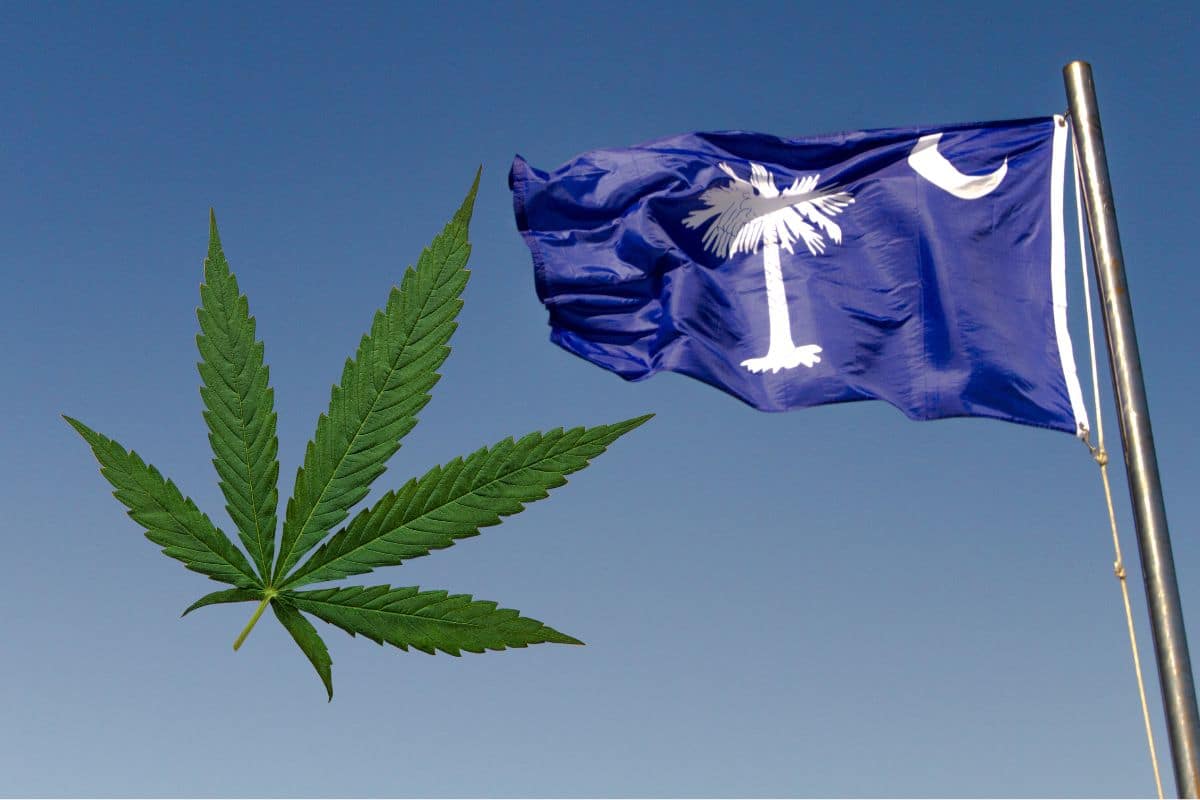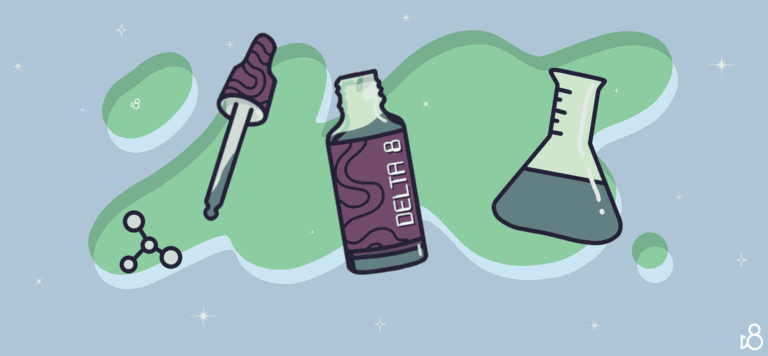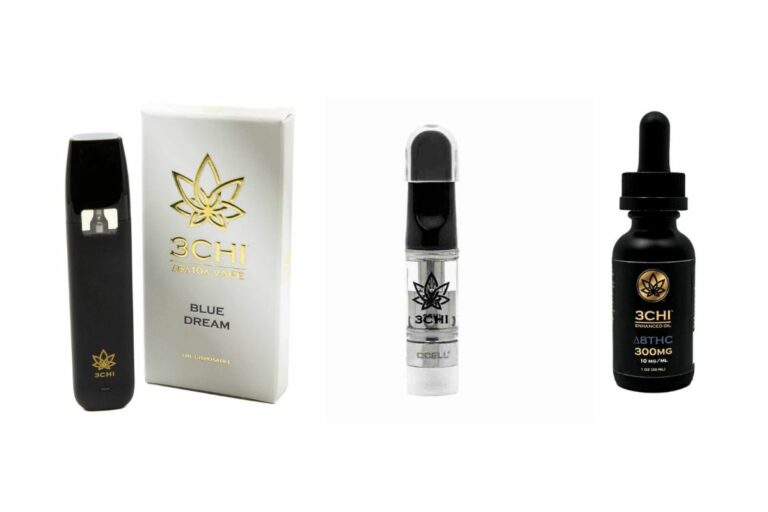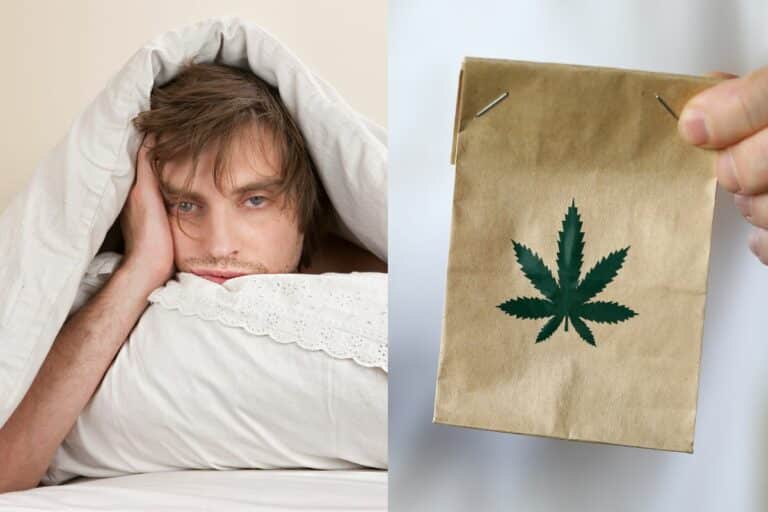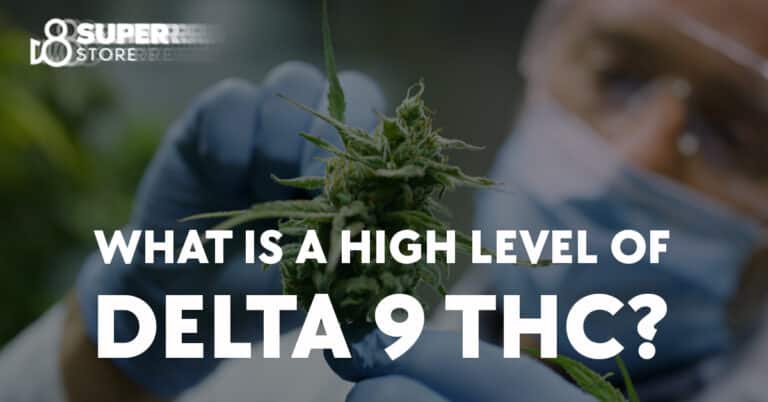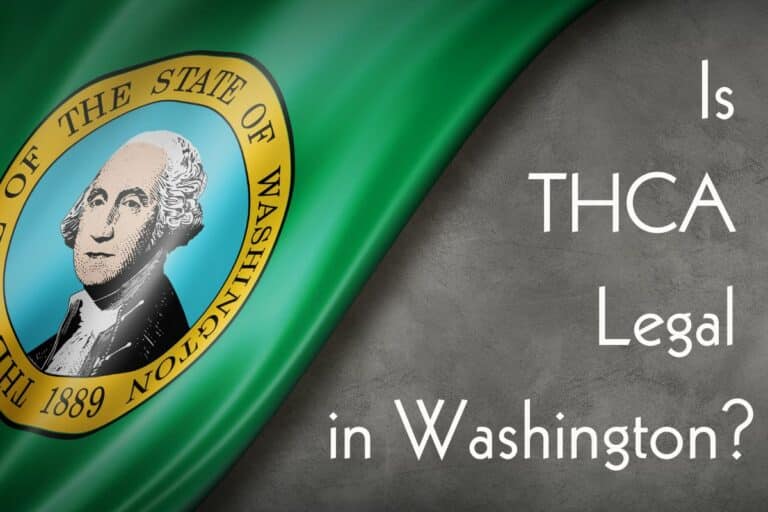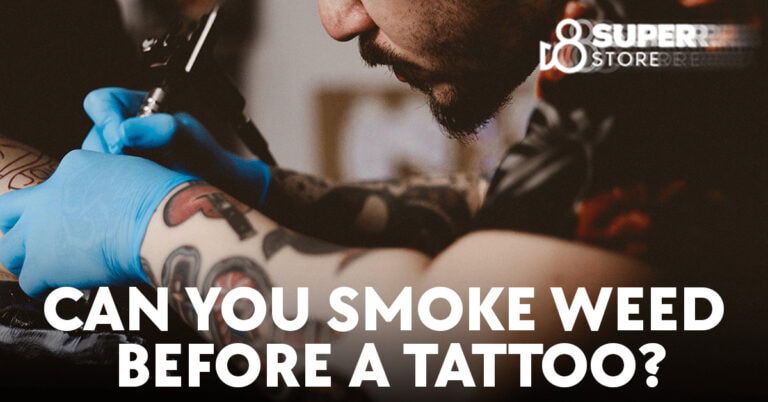Is Delta-9 Legal in South Carolina? A Concise Analysis
Delta-9 THC, the sneaky bit in cannabis, stirs up chatter because the rules change as you hop from state to state. In South Carolina, as in lots of other places, the rules for delta-9 THC and its kin dance to a different tune.
In South Carolina, delta-9 THC remains illegal for recreational use, with stringent laws governing medicinal use. For comprehensive information and updates on the legalities, trends, and other aspects of delta-9 THC, feel free to explore D8 Superstore’s blog. Decoding the complex legal landscape can often be difficult, but staying well-informed can help us navigate it effectively.
Overview of Delta-9
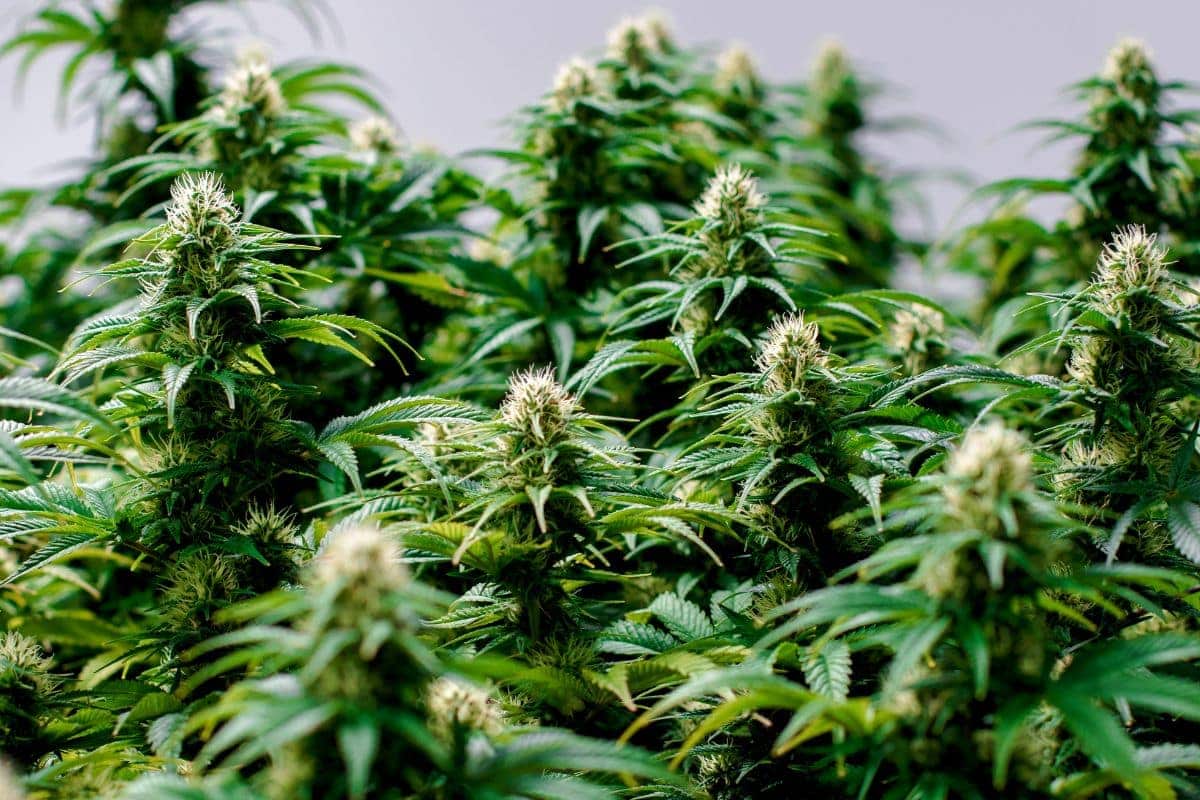
Delta-9-tetrahydrocannabinol, commonly known as delta-9 or simply THC, is one of the most well-known and studied cannabinoids found in cannabis plants. As the primary psychoactive component in marijuana, it is widely recognized for creating the “high” associated with cannabis use. However, it is essential to note that there are other types of THC as well, such as delta-8 and delta-10.
Delta-9 is present in various strains of cannabis, including the popular Gelonade strain, which is known for its unique flavor profile and effects. Each cannabis strain can have varying levels of delta-9 THC, thus leading to different experiences for consumers.
Also, it’s crucial to understand that the legality of delta-9 varies depending on the location. In some regions, marijuana and its psychoactive component delta-9 are completely illegal, while other areas have decriminalized or legalized its use for medical or recreational purposes. Therefore, it’s crucial for anyone interested in cannabis consumption to be aware of the legal status in their area before using cannabis products containing delta-9 THC.
In the case of South Carolina, the laws surrounding the legality of delta-9 THC are specific to the state. It’s essential for users to familiarize themselves with local regulations to avoid potential legal repercussions. By doing so, we can promote responsible and informed use of cannabis products containing delta-9 THC and other cannabinoids.
Legality Status in the United States
| Aspect | Federal Law | State Law |
|---|---|---|
| Cannabis Classification | Schedule I Controlled Substance | Varies by state; may be legalized for medical and/or recreational use |
| Enforcement | Federally illegal | Varies by state; may be legal or decriminalized at the state level |
| Medical Use | Limited allowances under state-specific laws | Legal in various states for medical purposes |
| Recreational Use | Illegal at the federal level | Legal in several states for recreational use |
| Hemp and CBD | Legal under the 2018 Farm Bill | Legal in many states; regulated at the state level |
| Business Regulation | Restricted at the federal level | Regulated independently by each state |
| Taxation | Not eligible for federal tax deductions | Subject to state-specific taxation policies |
- Federal Law
At the federal level, the legal status of cannabis is quite complicated. We find that the most common cannabinoids are delta-9-tetrahydrocannabinol (THC) and cannabidiol (CBD), with delta-9-THC being the main psychoactive component of cannabis 1. The Marihuana Tax Act of 1937 was a turning point in cannabis regulation, paving the way for ongoing laws and restrictions on its use and sale 2. However, the 2018 Farm Bill distinguished cannabis plants with less than 0.3% delta-9-THC, categorized as hemp and thus removed from the list of controlled substances on a federal level 2. This has led to a gray area in the legal status of cannabinoids, particularly those derived from hemp, such as delta-8-THC.
- State Law
Specifically, in South Carolina, the legality of cannabis products depends on their derivation and THC content. As of November 2023, South Carolina still upholds strict laws on cannabis, only allowing the use of CBD oil for certain medical conditions with a physician’s recommendation 3. The possession, sale, and distribution of cannabis with high delta-9-THC content remain illegal in the state 3.
With regard to hemp-derived products, including those containing delta-8-THC and other minor cannabinoids, it’s important to acknowledge that the legality status may differ by state and may not be explicitly clarified in state laws. As for South Carolina, we suggest consulting local regulations and seeking legal advice in case of doubt, especially considering the complexity surrounding the evolving legal landscape of hemp-derived cannabinoids.
Legal Status of Delta-9 in South Carolina
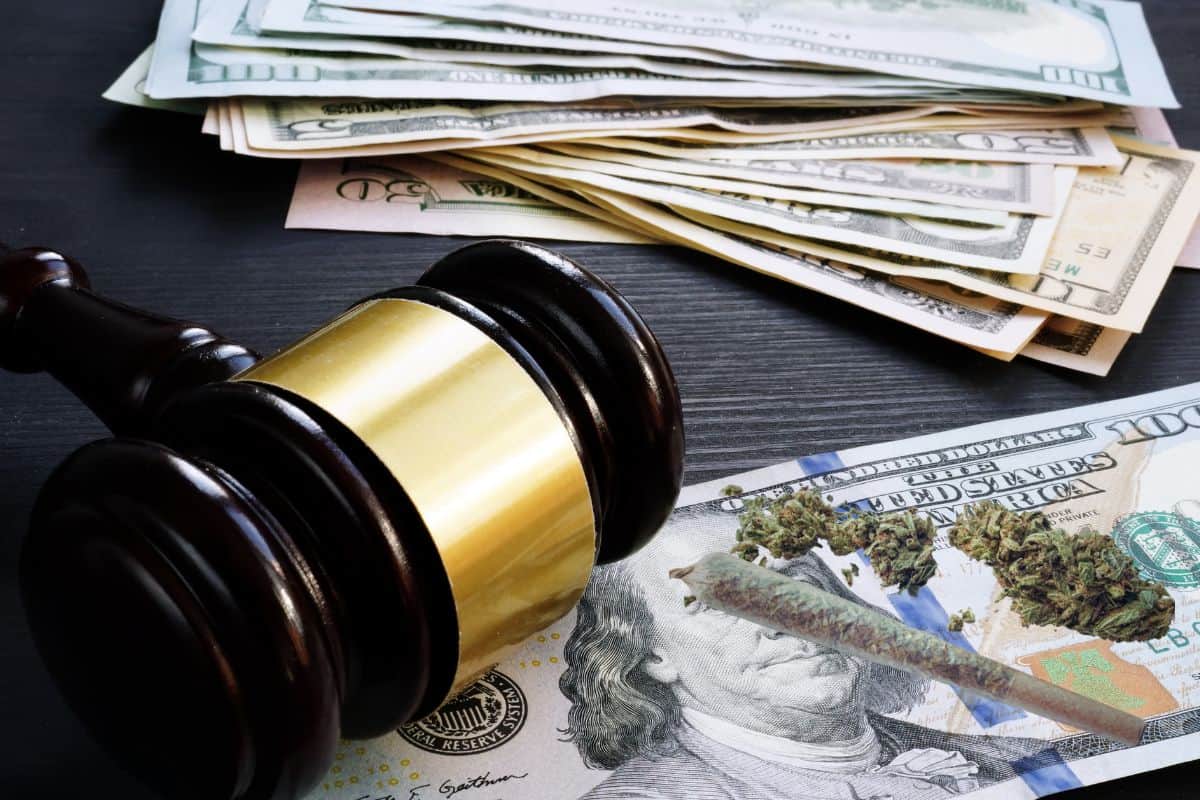
In South Carolina, delta-9-tetrahydrocannabinol (THC) remains a controlled substance, with strict regulations on its possession, cultivation, and distribution. Under the state’s laws, marijuana and its derivatives, including delta-9-THC, are classified as Schedule I controlled substances. This means they are considered to have a high potential for abuse and no accepted medical use.
However, there is an exception for patients with certain medical conditions. In 2014, South Carolina passed the “Julian’s Law,” which allows the use of cannabidiol (CBD) oil containing not more than 0.9% delta-9-THC by weight for patients with severe forms of epilepsy. To be eligible for this treatment, patients must have a valid written certification from a licensed physician and must be registered with the South Carolina Department of Health and Environmental Control.
It’s also essential to understand the distinction between delta-9-THC and delta-8-THC. While delta-9 is illegal in the state, the legality of delta-8 is more ambiguous. Delta-8 is a less potent cannabinoid derived from hemp, which is federally legal thanks to the 2018 Farm Bill, as long as it contains less than 0.3% delta-9-THC by weight. However, some states have taken steps to specifically restrict or regulate delta-8, and its status may vary among jurisdictions.
In conclusion, delta-9-THC remains mostly illegal in South Carolina, with some exceptions for medical use under Julian’s Law. Meanwhile, the legal status of delta-8-THC remains uncertain. We recommend consulting relevant state laws and regulations to stay up-to-date on any changes to the legality of these substances.
Penalties and Regulations
| Aspect | South Carolina |
|---|---|
| Possession Limits | Possession of any amount of marijuana is illegal. |
| Penalties for Possession | Can result in fines, potential imprisonment, and a criminal record. Penalties vary based on the amount possessed. |
| Medical Marijuana | Not legal. South Carolina has not legalized medical marijuana. |
| Recreational Use | Not legal. South Carolina has not legalized recreational marijuana. |
| Enforcement | Enforcement is strict, and possession is treated as a criminal offense. |
| CBD and Hemp | CBD derived from hemp with less than 0.3% THC is legal. |
First-Time Offenders
In South Carolina, first-time offenders caught with possession of delta-9 THC, which is the main psychoactive compound in cannabis, may face penalties that can vary depending on the amount of the substance found. Possession of up to one ounce is considered a misdemeanor and may result in a fine of up to $200 and 30 days in jail. It is essential to note that South Carolina has not made any specific exemptions from existing drug laws for the medical use of delta-9 THC, and penalties can still be imposed on those using the substance for medical purposes without proper authorization (source).
Recurring Offences
For individuals with a history of delta-9 THC-related offences in South Carolina, the penalties can become more severe. Repeat offenders are subjected to higher fines and longer jail sentences. For example, a second possession offence carries a fine of up to $1,000 and up to one year in prison, while a third or subsequent offence can result in a fine of up to $2,000 and up to three years in prison. Being convicted of distribution or cultivation of delta-9 THC also carries stiffer penalties, including significant fines and the possibility of a longer prison sentence (source).
In conclusion, delta-9 THC is not legal in South Carolina and is subject to penalties under its state laws. It is essential for those using or considering using delta-9 THC to be aware of the legal framework and potential consequences associated with this substance in South Carolina.
Medical Use and CBD
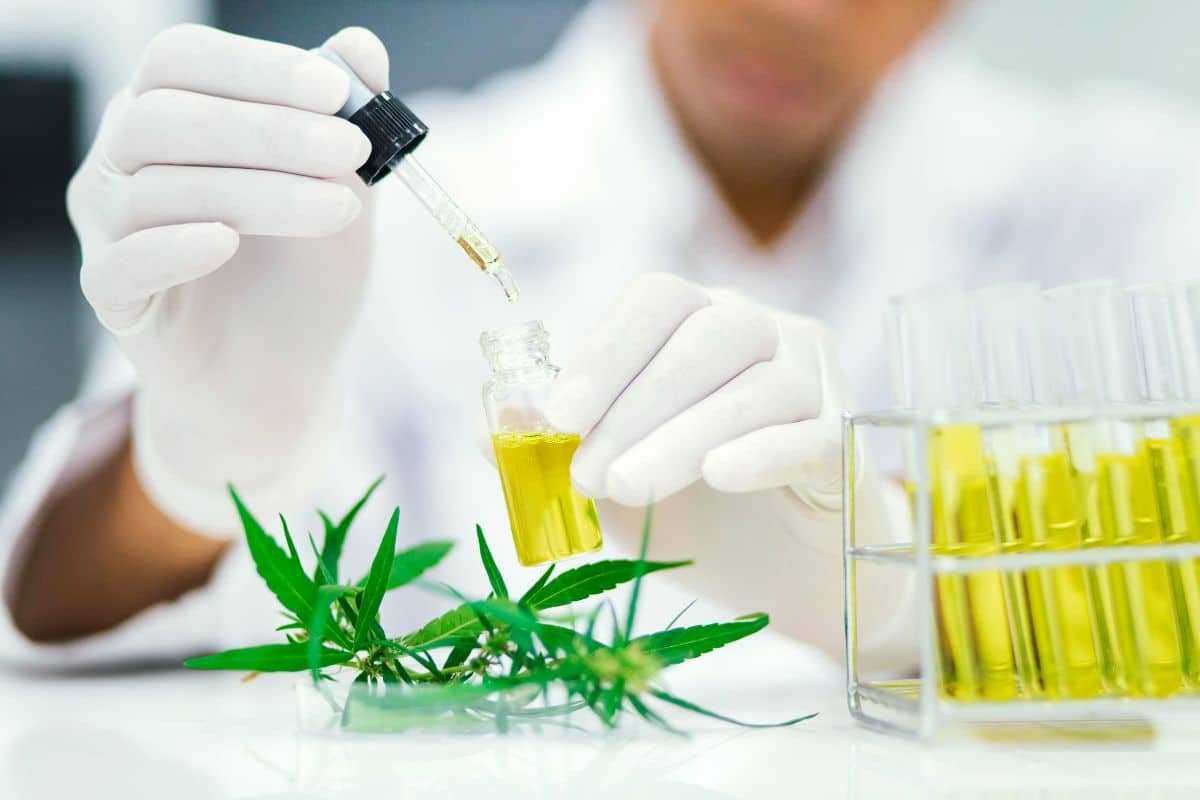
Medical Marijuana in South Carolina
In South Carolina, medical marijuana remains illegal for both recreational and medicinal use. As of February 2022, the state does not have any legal cannabis program (source). Due to these restrictions, many residents of South Carolina have turned their attention to CBD products as a potential alternative for treating various conditions.
CBD Legality
CBD (cannabidiol) is one of the prevalent compounds found in cannabis plants. Unlike delta-9-THC, CBD is non-psychoactive and has been gaining popularity for its potential medical benefits. In the United States, the legal status of CBD products depends on their source. CBD derived from hemp containing less than 0.3% delta-9-THC is legal under federal law (source).
In South Carolina, CBD products with less than 0.3% delta-9-THC are legal for sale and consumption. However, it’s essential for consumers to ensure that the CBD products they purchase are derived from hemp and not marijuana. Additionally, retailers must not make medical claims about CBD products, as this would violate FDA regulations (source).
To summarize, medical marijuana is illegal in South Carolina, and residents must be cautious when purchasing and consuming CBD products within the state. Ensure that the CBD products have less than 0.3% delta-9-THC and steer clear of those that make medical claims.
Conclusion

Based on our research, it is evident that the legality of delta-9-THC in South Carolina can be somewhat unclear. While delta-9 THC is a controlled substance under federal law, there are some exceptions that pertain to hemp-derived products, which may contain trace amounts of delta-9-THC. Specifically, the 2018 Farm Bill made hemp-derived products with no more than 0.3% delta-9-THC legal on a federal level. This change in regulation subsequently influenced state laws, including those in South Carolina.
However, it is crucial to note that South Carolina has its own Controlled Substances Act, which might differ slightly from federal regulations. As a result, the legal status of delta-9 THC in the state may be subject to interpretation and may change over time. Current information on delta-9 THC in South Carolina can be found here.
To ensure compliance with South Carolina state law and avoid potential legal issues associated with delta-9 THC, we recommend that individuals familiarize themselves with the specific regulations surrounding this compound in the state. As laws change and evolve, it is crucial to remain informed and up-to-date on any alterations that could impact the legality of delta-9-THC and other hemp-derived products.
Frequently Asked Questions
What are the laws regarding Delta-9 in South Carolina?
In South Carolina, Delta-9 THC is considered a controlled substance and is illegal under state law. The possession, sale, or distribution of Delta-9 THC products is punishable by legal consequences in the state. However, Delta-9 THC derived from hemp plants with less than 0.3% THC content is considered legal under the 2018 Farm Bill.
Is possession of Delta-9 THC legal in SC?
No, possession of Delta-9 THC is not legal in South Carolina unless it is derived from hemp plants with less than 0.3% THC content. Possession of marijuana or related products containing Delta-9 THC can lead to legal penalties including fines, probation, or even imprisonment.
Can Delta-9 THC be purchased in Charleston and Columbia?
Delta-9 THC products cannot be legally purchased in Charleston and Columbia if they are derived from marijuana plants containing more than 0.3% THC content. However, specific CBD or hemp-derived products with less than 0.3% Delta-9 THC may be purchased from authorized retailers in compliance with federal and state regulations.
Are Delta-9 gummies allowed in South Carolina?
Delta-9 gummies can only be legally sold and consumed in South Carolina if they are made from hemp-derived CBD with less than 0.3% THC content. Gummies containing higher levels of Delta-9 THC are considered illegal and can result in legal consequences if possessed or consumed.
How does Delta-9 regulation compare to Delta-8 in SC?
Delta-9 and Delta-8 THC regulations are similar in South Carolina. Both products are considered legal only if derived from hemp plants with less than 0.3% THC content. While Delta-8 THC might be more accessible due to its legal status in some states, it is not exempt from South Carolina’s regulations that apply to Delta-9 THC.
What are the legal consequences of possessing Delta-9 in Greenville and Myrtle Beach?
Possessing Delta-9 THC in Greenville and Myrtle Beach can lead to legal consequences if the THC content is above the 0.3% limit derived from marijuana plants. Penalties for possession may include fines, probation, or imprisonment depending on the quantity and circumstances involved. It is essential to understand local laws and regulations before considering the possession or consumption of Delta-9 THC products in South Carolina.
Footnotes
- Current legal status of medical marijuana and cannabidiol in the United States ↩
- The legality of use and consumption of cannabis (marijuana) in The United States of America ↩ ↩2
- RECENT DEVELOPMENTS IN CANNABIS LAW ↩ ↩2

